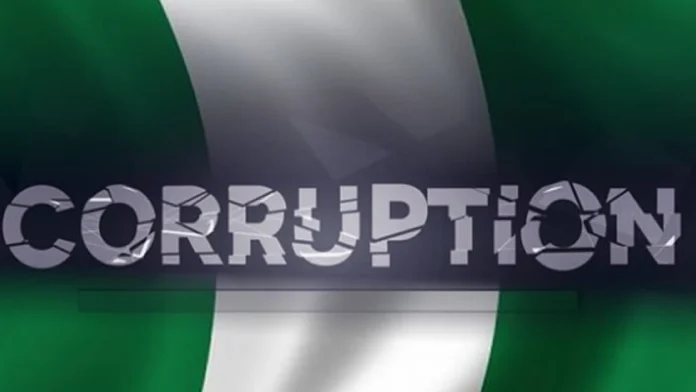Nigeria, a nation rich in religious heritage, faces a paradoxical conundrum. Despite strong religious beliefs, corruption and unscrupulous behaviours are rampant. This dichotomy is like a wolf in sheep’s clothing, where individuals masquerade as devout followers but engage in ungodly acts.
Nigeria’s landscape is dotted with numerous worship centers, and prayers are an integral part of public gatherings. However, this fervent religiousness contrasts with the country’s pervasive corruption. It seems we use God or Allah as a means to justify our wrongdoings, manipulating divine power for personal gain. Religious leaders have significant influence, but their followers often prioritize material wealth over spiritual values.
Nigeria is plagued by covetousness, stealing, and murder, despite the teachings of our religions. We continue to perpetuate these evils, ignoring the tenets of our faith. The avoidance of these vices should be the solution to our corruption problem. Instead, we prioritize selfish desires, and our actions contradict our religious beliefs.
Various ethnic groups in Nigeria – Fulani, Tiv, Ijaw, Yoruba, Igbo, Ibiobio, Efik, Junkun, Hausa, Kanuri, and Shuwa Arab – practice Christianity, Islam, or traditional religions. Yet, we engage in kidnappings, killings, and stealing, contradicting our religious beliefs. Our wealth is often hidden or laundered abroad, enriching other nations while our citizens suffer.
We need to recognize that our actions serve a god of mammon, not the Holy God of the Bible or the revered Allah of the Quran. To solve our problems, we must turn to the genuine God and become doers of His word or create our own religion that condones our excesses. We must stop blackmailing the Almighty God.
Religion is often used in Nigeria to conceal corrupt practices, exploiting religious influence for personal gain. This hypocrisy perpetuates a culture of corruption. To overcome this, we need a collective effort to promote transparency, accountability, and genuine faith practices. Only then can Nigeria unlock its full potential and build a society based on integrity and righteousness.
Isaac Peace (PhD) writes from Abuja





